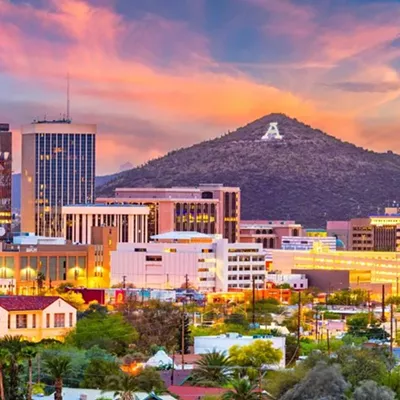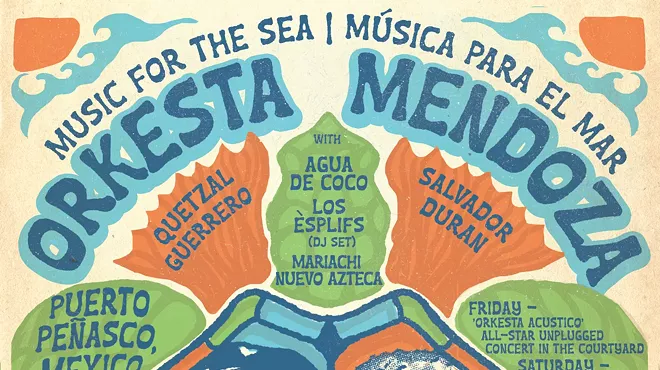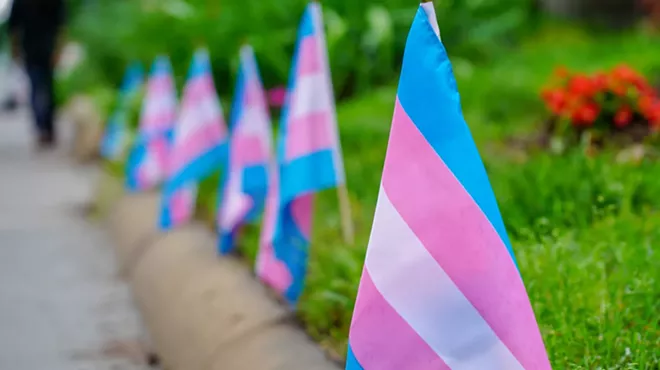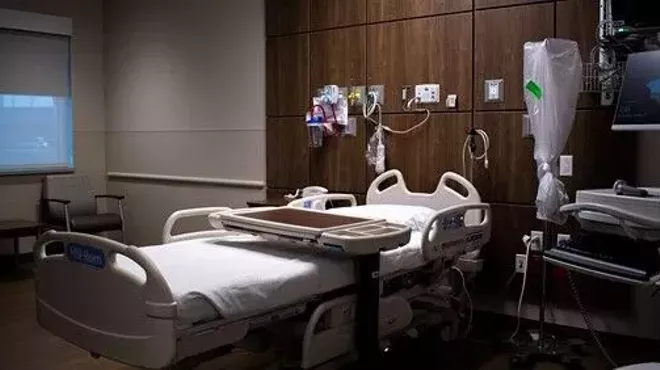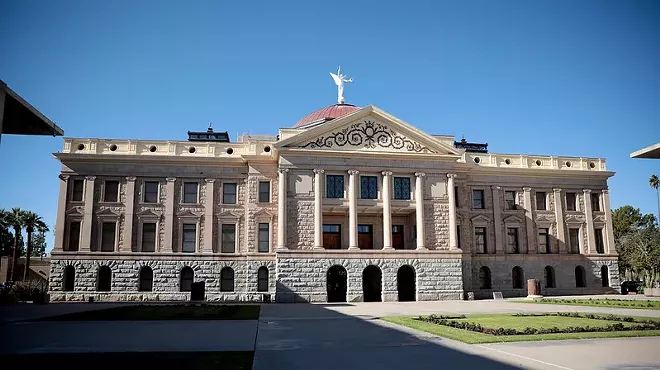Thursday, June 4, 2015
The Hot Road, From Farm to Border
It was a hot summer day on the farm in 1986 when, then-farmer Charles D. Thompson Jr. would have his first experience with the border of Mexico. Farming was in Thompson’s blood, becoming the first Thompson to graduate from college he quickly continued his grandfather’s profession in agriculture. After years working as a leader in the organic farming movement, he found himself with a big blackberry crop and little time to make his deliveries.
Acting on a suggestion from a friend, he enlisted the help of five men from the Nayarit state of Mexico who worked for a friend at a chicken processing plant. Though he spoke little Spanish at the time, he would remember those conversations for the rest of his life.
“They saved my blackberries that afternoon, and that day their stories began to change me forever,” he said. “I began to need to answer questions their lives raised about immigration and globalization, questions that became more important than continuing to be an organic grower.”
Thompson went full throttle in his pursuit of making a difference in the lives of the thousands of small farmers and people living with border issues every day. He and his wife sold their farm, he gained his Ph.D and went on to become a professor of the Practice of Cultural Anthropology and Documentary Studies at Duke University.
In his 15 years at Duke he has taught courses on farm workers, agriculture, immigration and the U.S./Mexican border. He has published six books and created four films all covering his community activism and topics of expertise.
His latest book, "Border Odyssey: Travels along the U.S./Mexico divide" tells of his journey along the 1969 miles dividing this country from neighboring Mexico.
“My goal was to personalize this thing called the “border” that we have come to fear-this border that we’ve come to be so afraid of that we have built a wall to guard us from it,” he said.
He hoped to change the narrative in the often closed sided conversations around immigration by sharing the stories of those people actually living it every day.
“I believe that walls are full stops, cutting off any possibility of further dialogue,” he said. “Stories, in contrast, are like commas, always making possible the next clause. Stories like the ones I tell herein are the beginning of dialogue and I share them in hopes others will join the conversation.”
Accompanied by his wife, and sometimes his students, they traveled the border in a small rental car, dipping over the line whenever they could. They immersed themselves with the people who lived there, talking, eating and even staying with them at times.
“No one seemed happy with the situation we’ve created, even the border patrol officers whose green and white seemed omnipresent,” he said.
Unrest on the both sides of the border calls for adjustments in the conversation.
“We simply can’t continue to ridicule our neighboring country,” he said. “There’s too much mutual dependency, too much shared history, too many stories of people from Mexico rescuing people like me in desperate need of help, to close the border as if it’s some kind of door we can slam in a neighbor’s face.”
Thompson has found during his journey that drug wars have dominated the current conversation to the extent that it has “sucked all of the air out of the room.”
“No one talks enough about how ludicrous it is to secure a border across which millions have come (and continue to come) to supply labor to many industries that have asked for help,” he said. “No one talks enough about how goods move across border while displaced human beings south of us are considered criminals for trying to seek jobs. No one talks enough about the drug wars’ relationship to U.S. drug consumption or arms sales.”
Thompson’s goals with his latest work speak to his sense of optimism.
“Being an optimist means I believe that people and their stories can change the world. I believe that dialogue can break down barriers. I believe that human beings can make the world better. And I believe that humanitarianism beats walls any day.”
Thompson will read and present slides of “Border Odyssey” on Sunday, June 7 at Southside Presbyterian Church, 317 W. 23rd St. The event is free, starting at 6 p.m., open to all and there will be a few refreshments provided. The reading is cosponsored by BorderLinks and Antigone Books, who will be part of a discussion of the book.
Thompson, who participated in this interview from Chiapas, Mexico with a group of Duke students, said Tucson lives the realty of the border every day.
“There is much good in the world, even in fearful places. I know that to be true and Border Odyssey is my testament to that fact.”
For more information on Thompson’s work visit cdthomps.com.
Tags: Charles D. Thompson Jr. , Border Odyssey , Border issues , events , books.



